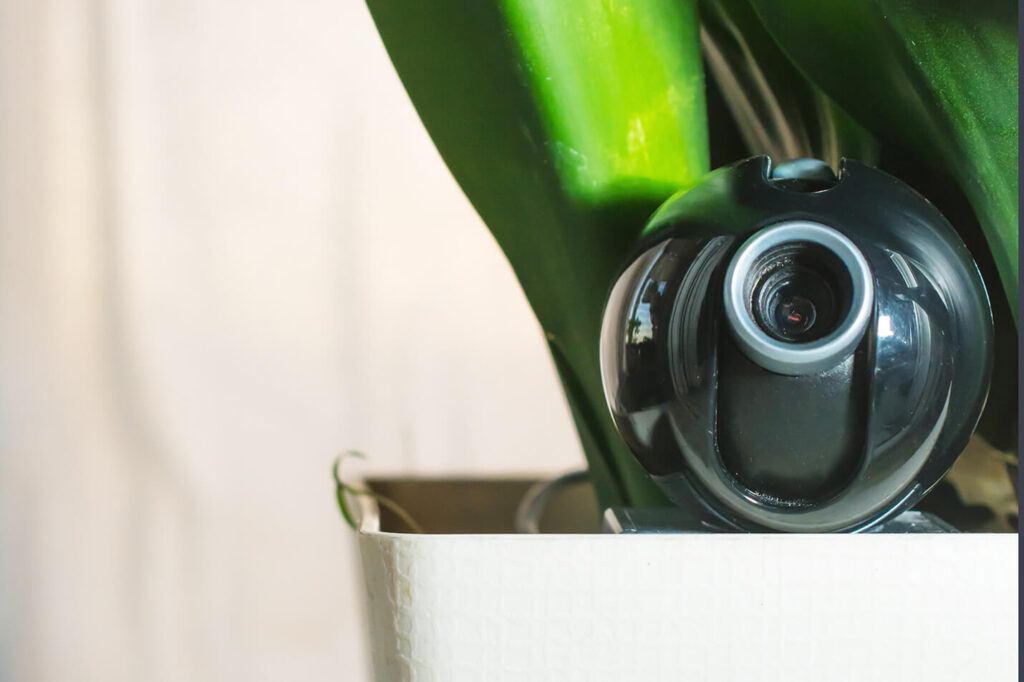Mrs. H was a 92-year-old woman who had no family, with her CPA named as her Medical and Durable Power of Attorney. The POA did not visit often and relied on me (her care manager) to see that her needs were met. I visited weekly and we had additional sitters whom she had known in the past that worked with her in the mornings. My client had moderate-to-severe dementia and had become less mobile over time. At her prior request I had helped facilitate her move to the health care unit, in a nonprofit, faith-based facility that was well known, and well respected. She had resided in their independent living area for the prior 15 years, so she felt confident that the adjacent health care unit could meet her needs.
As her disease and frail condition progressed, she began getting unexplained, frequent bruises, and the staff members and I assumed it was due to her bumping into things (being on aspirin), maybe getting out of bed by herself and falling, etc. She could not ever remember what happened to cause the problem. I suggested getting a “nanny cam” placed in her room, to see what was actually happening, since we were never able to witness what was causing the bruising. I was required by the administration of the facility, to post a sign on the door, notifying everyone that there was a camera in the room. It was agreed by the POA that I was to be the only person (for privacy reasons) with access to the camera card for viewing, which I reviewed occasionally to see what was happening. The camera was small, and the staff did not know where it was hidden.
Following the placement of the camera and the warning sign, the bruising stopped right away. I was quite surprised at the preventative impact it had on her care during that first year. However, after the camera had been in place for several years, her health declined (she became completely bedfast and unable to communicate or eat independently), and I started suspecting the staff members were not checking on her according to the regulations, and their own policies, which required a staff member to check on her at least every two hours. My client was incontinent and dependent on staff for all ADLs. In reviewing the video, I found there were times in the evenings when no one would go into her room for up to six hours, failing to feed her, failing to check on her well-being, leaving her in soiled diapers, and not following their plan of care. I viewed this over several weeks and got permission from the POA to share the video with the Executive Director and Director of Nursing. They saw the indisputable evidence that staff members were not doing their jobs in caring for one of their most frail and vulnerable residents and were shocked at their staff’s negligence. I submitted a report to the state and an investigation was initiated.
I began seeing much improved care right away, and some negligent caregivers were fired and others became more conscientious. My client was paying over $7000 per month for a private room in this “exclusive” senior community, and was getting very little care. The sad truth is, even though she thought she had chosen a good, reputable place to grow old and die, she did not receive the level of care she deserved.
You never know what really goes on when you cannot be there, especially if your clients are not able to communicate. Those with cognitive impairment have no voice to stop the abuse. They rely upon their caregivers for their most basic needs. Families who cannot be there every minute of the day count on the staff to be responsible and provide the care they are paying for.
I have found that good caregivers will welcome a camera, as they want the less scrupulous caregivers to be exposed, and if they are doing a good job, they have nothing to fear. As GCMs we must be mindful that some elders will refuse the idea of cameras as they consider it an invasion of their privacy. This is understandable, and of course we have to honor their wishes, but in the case of someone unable to speak up for themselves, it is an option to be considered for their protection. It is another tool used for advocacy.
Advocare Care Management specializes in providing the resources to help you and your aging loved one. We offer preeminent advice, assessments, and tools that make the transitions easy. Our aging life care in Coral Gables is the helpful and no one gives you the most complete information or support. We provide care planning services to Broward, Palm Beach, and Miami-Dade counties. Our team is available 24 hours a day and is here to help you. Contact Advocare Care Management today and find out why we are the place to go so you can get the resources and support you need.
Reprinted with permission from Aginglife.org. Our team of professionals is standing by to help you.

